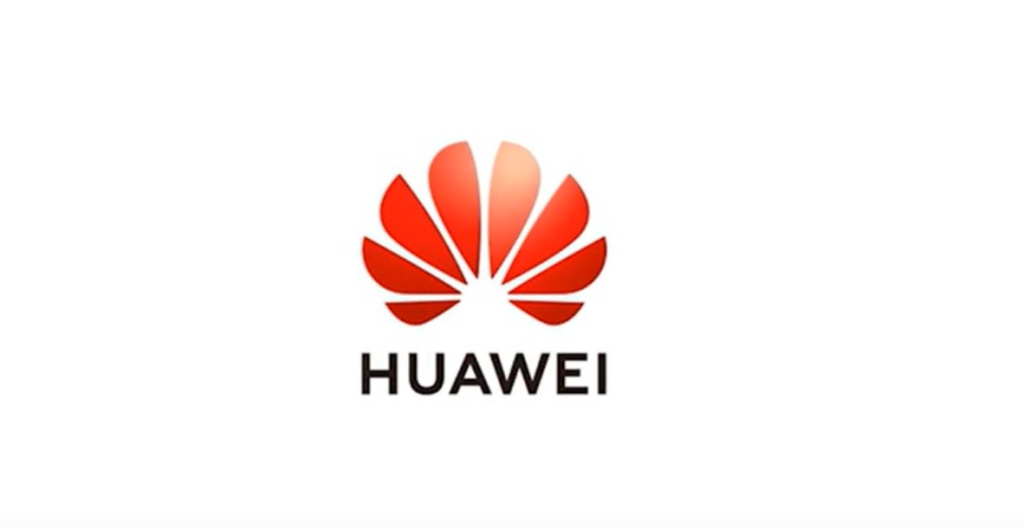In a strategic move to offset the challenges posed by US-imposed sanctions, Huawei, the Chinese tech giant, is actively pursuing partnerships with reputable car manufacturers to bolster its presence in the electric vehicle (EV) and smart car software sectors. Closed-door meetings were recently held with Audi and Mercedes, the two largest German automotive companies, as Huawei aims to explore potential joint ventures or partnerships for its EV endeavors.

Sources reveal that Huawei is contemplating the spin-off of its Intelligent Automotive Solution (IAS) business unit, emphasizing its ambition to become a leading supplier of software and components for smart EVs. The estimated value of the IAS business unit ranges between $28 billion and $35 billion.
Mercedes, one of the automotive titans approached by Huawei, reportedly offered to acquire a 3% to 5% stake in Huawei’s smart car software and components firm. However, the German automaker exhibited limited interest, emphasizing its priority to retain control over software and maintain its premium brand positioning.
Audi’s level of interest in Huawei’s proposal remains undetermined, but reports suggest potential collaboration on developing autonomous driving technologies for Audi vehicles in the Chinese market starting in 2025. This aligns with the broader trend of global automakers seeking partnerships with Chinese companies to cater to the tech-savvy Chinese consumer base.
The move comes as Huawei needs to work on securing its position as a primary supplier of intelligent solutions for European, US, and Japanese companies due to the impact of US sanctions. Richard Yu, overseeing Huawei’s smart car business, acknowledges the challenges and emphasizes the company’s focus on forming partnerships with smaller electric car makers and established automakers.
While Mercedes and Audi declined to comment on the speculation surrounding the discussions, Huawei remained silent on the matter as well. Industry experts posit that Huawei’s outreach to global automakers reflects a broader industry trend of collaboration to introduce advanced features in the competitive Chinese automotive market.
As Huawei navigates the challenges posed by US sanctions, its strategy involves partnerships with established automakers and collaborations with smaller players like Series Group. Notably, Changan Automobile plans to invest in Huawei’s smart car business, potentially acquiring up to 40%, showcasing a diversified approach to secure investments and partnerships in the automotive sector.
Related:
- Huawei’s first open-back earphones, FreeClip, leaks before launch
- Huawei commences construction of mobile network equipment factory in France
- Sony & Mercedes-Benz launch a custom PS5-themed SUV fitted with a PS5 console and GT Racing 7
(via)







